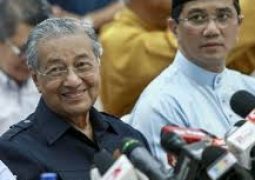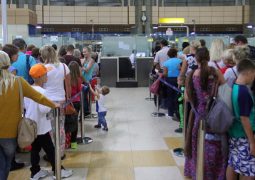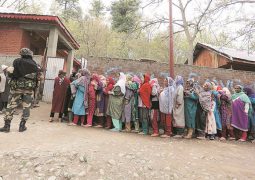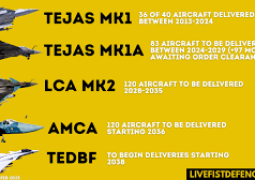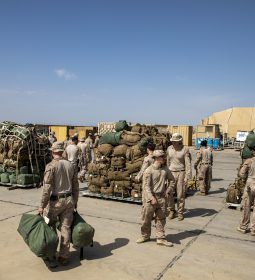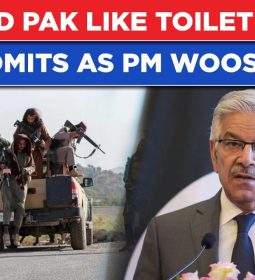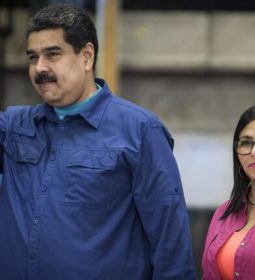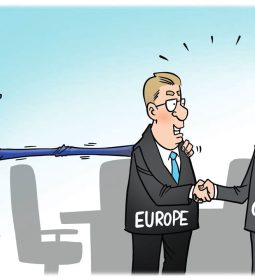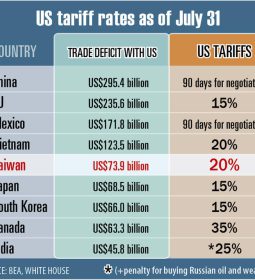KL and Bangkok should kick-start new drive for Southern Thai peace

Author: BA Hamzah, a professor and research fellow at Universiti Pertahanan Nasional Malaysia
January 3, 2024 @ 12:42am
Over the years, to its credit, the Thai government has made several overtures at peace making in the restive deep South.
In 2005, for example, a reconciliation commission was established, headed by the former prime minister, Anand Panyarachun.
His recommendations for reconciliation following a spate of killings and violence in the South were, however, not carried through. Between 2005-2012, it was estimated that 7,000 innocent lives were lost.
A more recent attempt was the setting up of a peace dialogue process in February 2013 by then prime minister Yingluck Shinawatra.

She appointed the Secretary General of the National Security Council to lead the dialogue process between the RTG and Barisan Revolusi Nasional, a member of the pejuang to engage in a peace dialogue within the framework of the Thai Constitution.
Yingluck also reached out Malaysia to provide a facilitator
The current facilitator is the former chief of the Defence Forces, well-known among the military elites in Thailand. The incumbent chief negotiator from Thailand is Chatchai Bangchuad, formerly Deputy Secretary General of the NSC in Bangkok.
Peace in South Thailand is indispensable to all parties and they include the Thai government representing the Thai people, the rakyat of Patani, the bordering states in Malaysia where a large majority of Patani diaspora live, the international community at large and even radical groups looking to expand their influence.

So, conventional peace wisdom needs to be revisited and challenged to adjust to the ever-changing realities in South Thailand where a low-level intensity conflict has been going on for generations.
The separatists or ‘pejuang’ who allege the Thais have occupied their land by force for over 300 years, want back their land.
While the key issue is essentially about land which the Thais are not willing to concede or negotiate, the conflict has deep historical roots intertwined with religion and the use of military to suppress the freedom fighters is indeed complex.
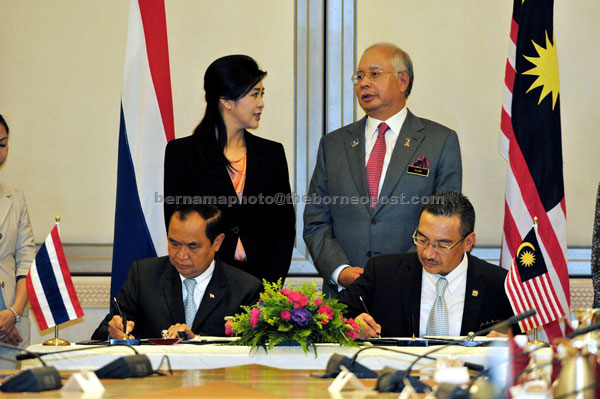
Violent behaviour is not one-sided as both parties engage in violence. Both sides have engaged in military action.
According to an unverified sourt is hard to envision that peace will ever be brokered in this conflict, given its history and its strong polarizing potential where one party dominates the scene militarily and where violence has been weaponised.
Given the disproportionate nature of the military capabilities of the warring parties, it is important that the Thai government treats their counterparts as equals to gain their buy-in in any peace talk or negotiation.
Despite their differences, space for dialogue remains in this conflict as both parties want to continue with their daily life in peace.
Given the signals from our neighbour from time to time on the Southern Thai issue, perhaps there should be a new drive towards an everlasting peace on our part and Bangkok.
ce, in 2005, Bangkok has deployed more than more than 60,000 armed personnel to South Thailand.
Bangkok also imposed Martial Law in the South where any Muslim can be arrested without warrant on suspicion of being associated with a freedom fighter.
- Previous QATAR AGREES TO EXTEND us BASE IN ITS SOIL TILL 2033
- Next 103 people, 211 injured in terrorist attack in Iran: Tensions between Iran and Israel, along with its ally the United States, have reached a new high over Israel’s war on Iranian-backed Hamas militants







